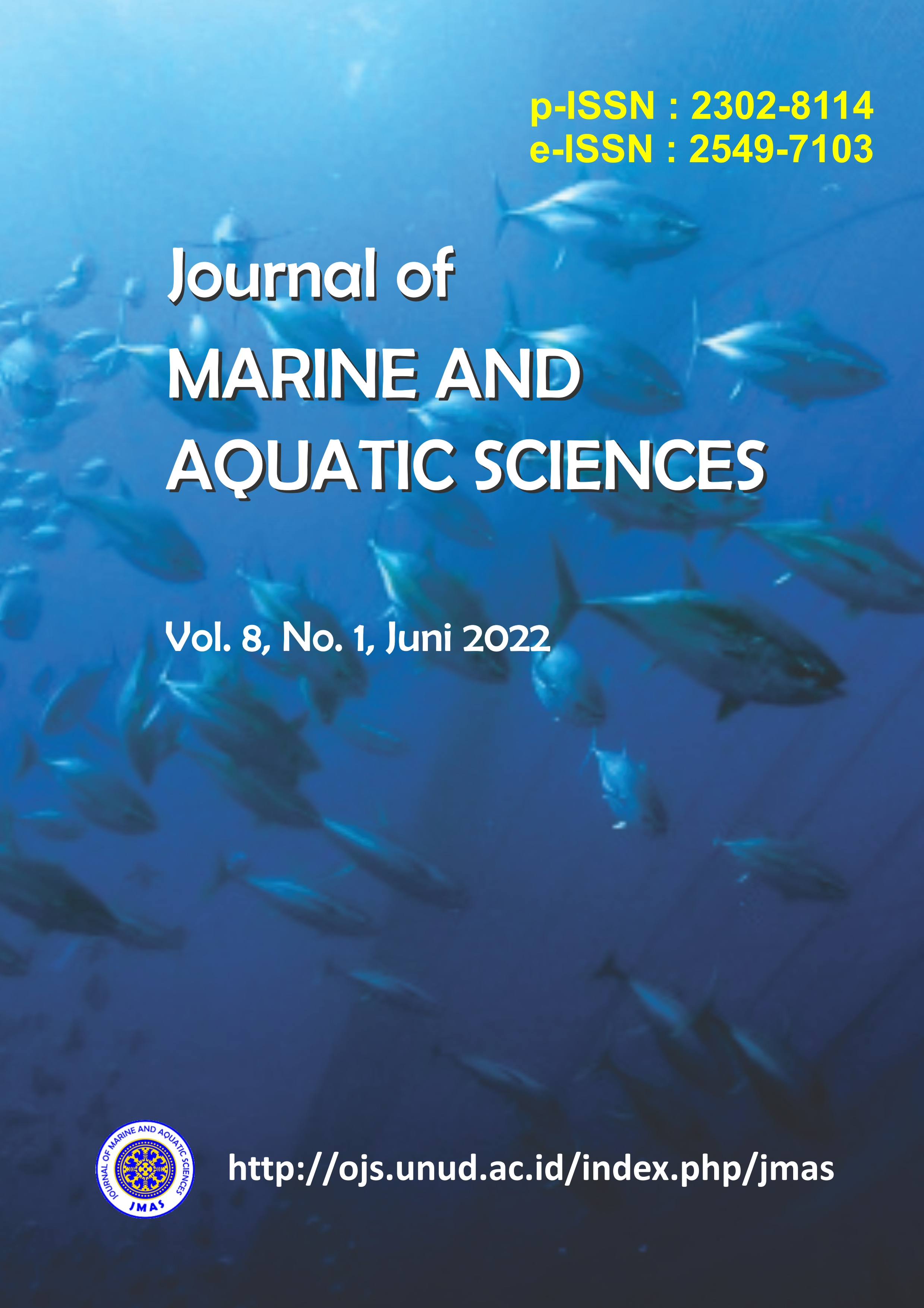Strategi Prioritas Pengembangan Wisata Rumput Laut Berbasis Desa Adat di Pantai Geger, Kelurahan Benoa, Badung, Bali
Abstract
Community-based tourism management can be used as a reference in tourism development because it provides great opportunities for local communities in all of processes, especially planning, management, monitoring and evaluation. The purpose of this study was to determined the internal and external potential of Geger Beach and to develop strategies for developing seaweed tourism based on traditional villages. Data collection methods consisted of observation, interviews, questionnaires, and literature study. The analysis used in this study were descriptive qualitative analysis and SWOT analysis. Based on the study results, the main strengths of the development of seaweed tourism in Geger Beach is the existence of cooperatives that’s integrated by traditional villages and the main weakness is the supporting facilities still need to be improved. The highest opportunity is the involvement of local communities and the biggest threat is pollution of the aquatic environment due to hotel waste. The priority strategies for developing seaweed tourism in Geger Beach are to raise the role of the pecalang segara immediately in controlling the security and guarding system of Geger Beach, collaboration between the government and traditional villages in implementing policies and regulations that have been made, increasing the role of traditional villages which include local community participation, creates seaweed tourism with its own characteristics from the Peminge Traditional Village, and also creates a master plan to support the successful development of seaweed tourism.
Downloads

This work is licensed under a Creative Commons Attribution 3.0 International License.
Copyright 2012 - 2023 Journal of Marine and Aquatic Sciences (JMAS)
Published by Fakultas Kelautan dan Perikanan Universitas Udayana, Denpasar, Bali, Indonesia
JMAS (p-ISSN 2302-8114; e-ISSN 2549-7103)


